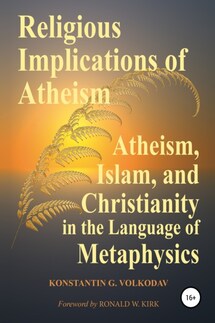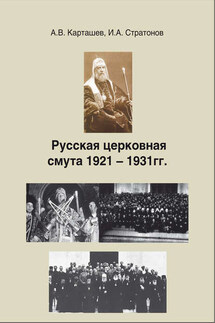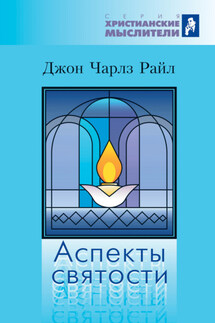Religious Implications of Atheism - страница 32
Studying the historical path of Christianity, many theologians have tried to isolate its “personal” component and critically consider the “religious” one. As a result, the output beyond the religious system of some essential part of Christianity in theology is widely spread thesis “Christianity is not a religion”.
For example, the Greek theologian Ch. Giannaras in the book Ἐνάντια στὴ Θρησκεία (Against Religion) carries the idea that Christianity is not a religion; and occurred in the history the transformation of Christianity into a religion is a distortion of its essence. The same idea was expressed by Fr. Alexander Schmemann. [56]
German Lutheran pastor Dietrich Bonhoeffer formulated the concept of “religionless Christianity.” He believed that “to be a Christian does not mean to be religious in some sense . . . but means to be Human” (to realize the human vocation).
An influential Protestant theologian Karl Barth has also denied that Christianity is a religion. In his thesis “Christ—the end of religion” by religion is meant any attempt to reach God “from below”. Ontological chasm between God and a human can overcome only God, and precisely in this sense the event of Christ (as action of God). Through the Incarnation God overcomes this abyss (in Christ God does for the people something that they are fundamentally incapable), because all human efforts are not enough. Similar ideas were close and to Thomas Merton—an influential American Catholic theologian, poet and Trappist monk. He was very impressed by the Ethics of Dietrich Bonhoeffer and by books of Fr. Alexander Schmemann.
Throughout the twentieth century, many theologians discussed that “Christianity—is not a religion,” “Christianity—the end of religion,” “Christianity—is the trial of religion” and other theses with the same meaning. In fact, even in the Old Testament, there was a very ambiguous attitude towards religion. The Old Testament righteous (Abel, Enoch, Noah, Abraham, Isaac, Jacob and others) did not belong to any religion. Moses spoke as a messenger of God of Abraham, Isaac, and Jacob (Ex. 3:15), and not as a representative of any religion.
The first affair of Moses was a struggle with the Egyptian religion, the isolation of the Jews from any influence of religious cults of other nations. For the same purpose served and all the laws of Moses and his precepts about the liturgical rites, and so on and etc. Externally, it was very similar to the cults of other nations, but the purpose was different.
The fire can be stopped with help of an oncoming fire. The best (and sometimes the only) means of combating with forest fires is ignition on the opposite side. [57] Moses established religious rules in order to the Jews as soon as possible moved away from the Egyptian paganism. Over four hundred years of living in Egypt they are firmly assimilate the local religious paradigms. If Moses had acted in any other way, for example, would be talk about non-religious relationships with God following the example of Abraham, Isaac and Jacob, then no one would understood him. In the New Testament, the apostles abolished the entire complex religious ritualism of the Mosaic Law as unnecessary (Acts 15:19–20). However, people, both in the Old Testament and in the New Testament history, still often in practice tended to magic and pagan rites.






